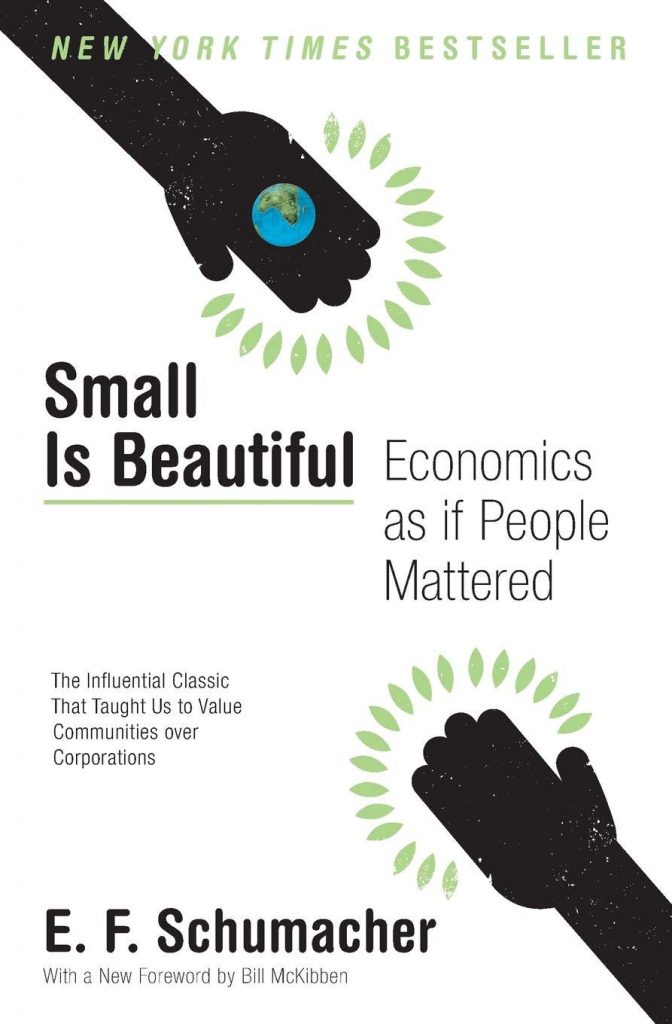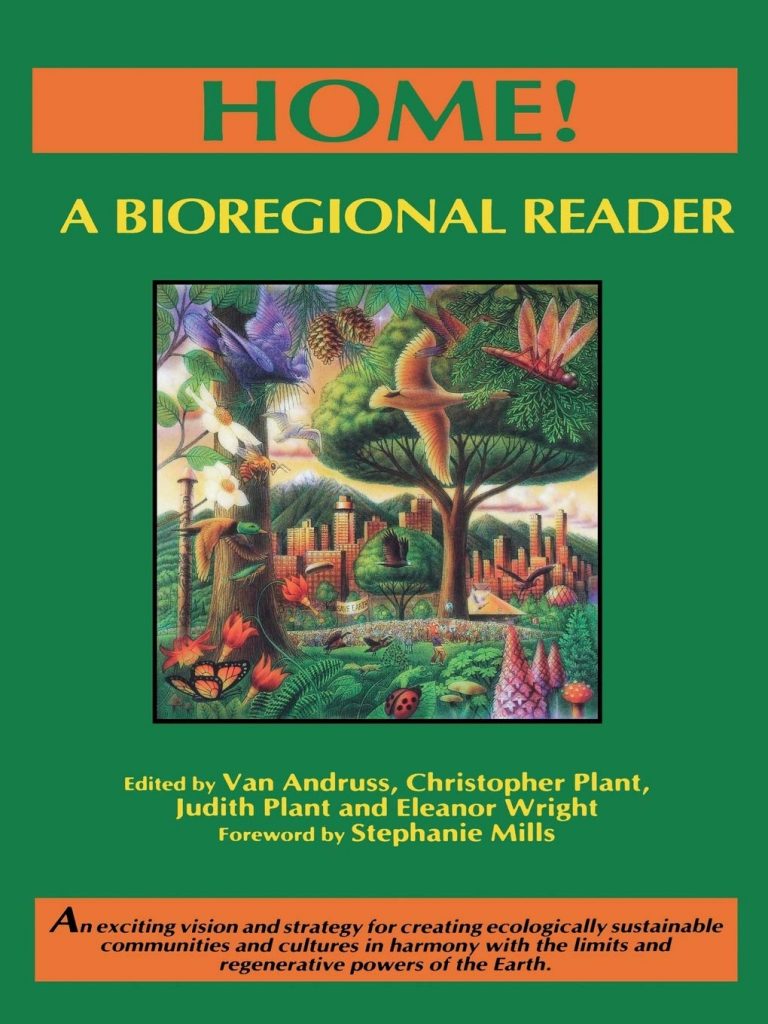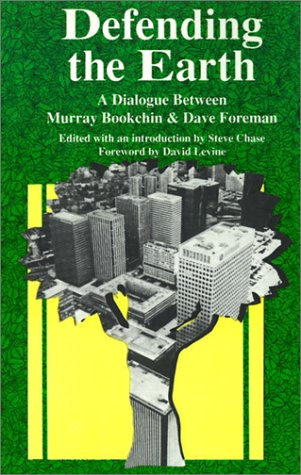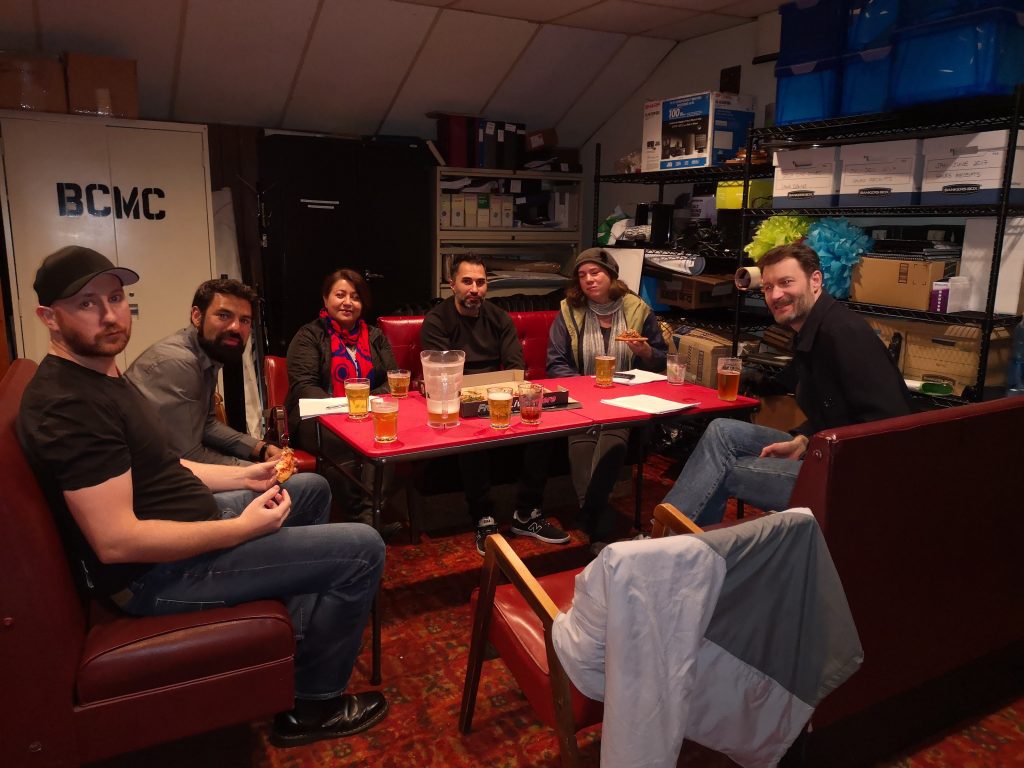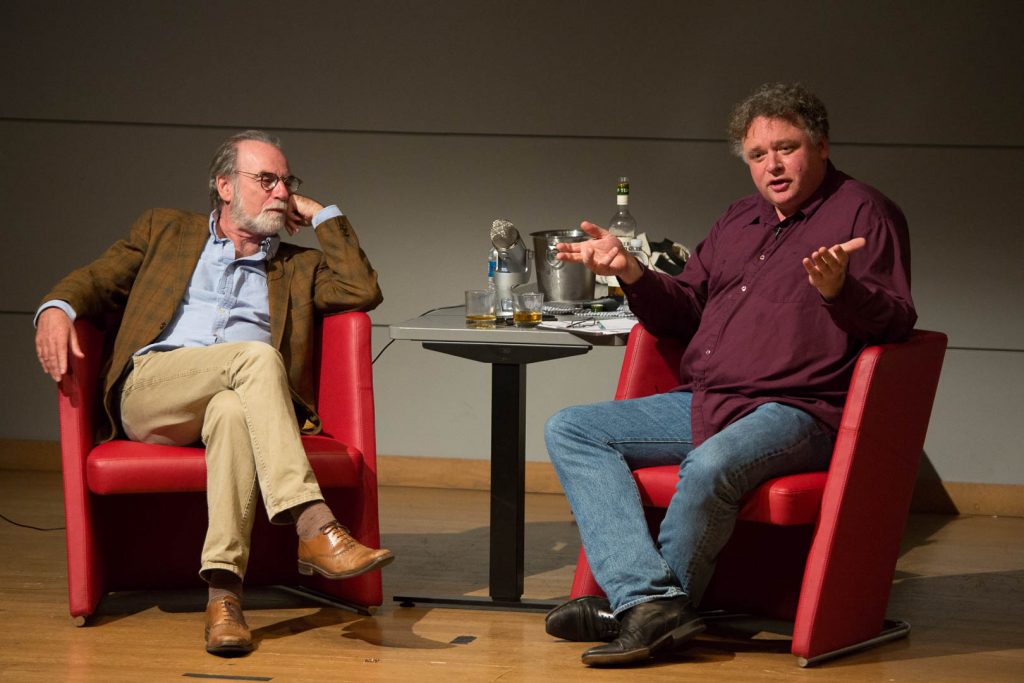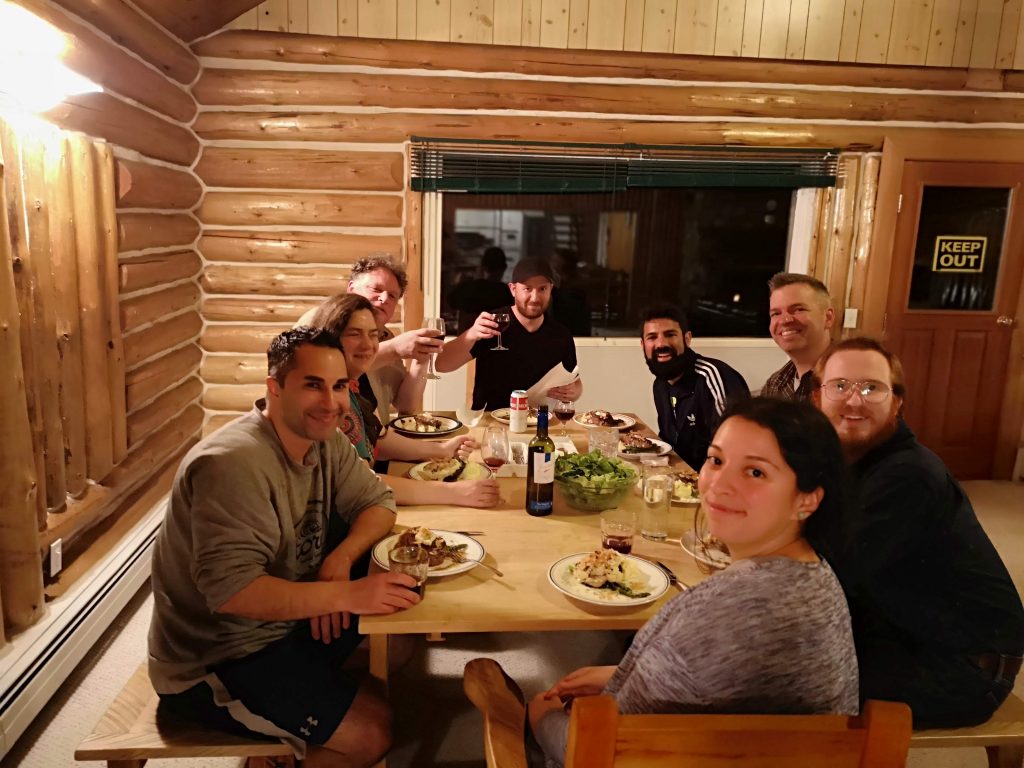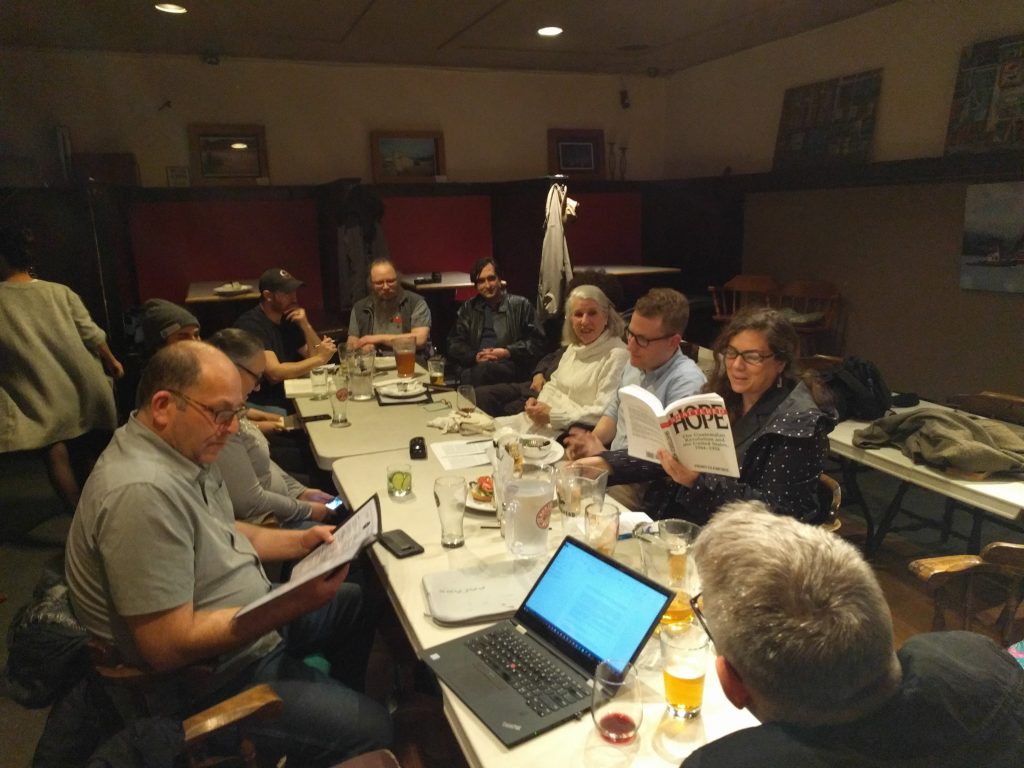Los Altos Institute is sponsoring three reading groups for 2022; our main reading groups, Surrey and Vancouver, will have the same reading program for the year, which will operate in hybrid (in person/online) format, epidemiological conditions permitting; our speculative fiction book club will also return with a new host and a parallel reading list that further elaborates the work of our main book group; finally, we will be adding a third reading group, to introduce students to dialectical materialism.
Green Philosophy and Political Economy
Chair: Avneet Johal
Meetings: Fortnightly via Zoom (will switch to hybrid in-person format if Covid risks decline)
Our 2022 reading group will examine ideas of big-G and small-g green politics, the different political philosophies and analyses of the green movement, from bioregionalism to ecofeminism to deep ecology to social ecology. And we will be looking at classic texts from the movement’s intellectual golden age in the 1970s and 80s. We will read firsthand the works of Murray Bookchin, Dave Forman, EF Schumacker, Starhawk and other founding-generation intellectuals, along with lesser-known thinkers like the West Kootenays’ David Lewis and writing by our president. We will be providing members with an online course reader and continuing our policy of assigning books of which a free online copy is available.
Ecopolitical Speculative Fiction
Chair: Manoa Friedson
Meetings: Monthly at the residence of the chair
Running in parallel to our main reading group, our monthly speculative fiction reading group returns under new leadership looking at the same themes but through works of science fiction and fantasy. We will be revisiting some series and texts that we have examined before, returning to look at key authors like Octavia Butler, Ursula Leguin and Kim Stanley Robinson.
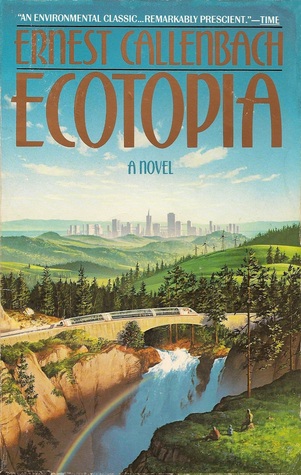
Karl Marx and Radical Philosophy
Chair: D’Arcy Pocklington
Meetings: Fortnightly at People’s Co-op Bookstore (1391 Commercial Drive)
What do we mean when we use terms like oppression, intersectionality, or social justice? Through readings, videos, and discussion, group participants will explore key concepts developed by Karl Marx. These analytical tools can help participants develop a more precise and coherent account of what is going on in the world.
Witty and irreverent, Marx would have mocked those who treat his writings like religious scripture. His collaborator Friedrich Engels compared him to Charles Darwin. Marx’s theory of evolution in human society is similar to Darwin’s theory of evolution in biology. But Marx’s contribution is not limited to just one theory. He produced an extraordinary body of work. Marx cared less about whether his conclusions were palatable and more about whether they were true. He explained that he sought nothing less than to conduct a relentless critique of all that exists.
The emphasis of this group will be Marx’s own writings. No prior knowledge is necessary and this reading group is meant to be introductory. We will consider also theory that was informed by Marx and which arose from popular social movements, including anarchism, Black Power, and Women’s Liberation.
